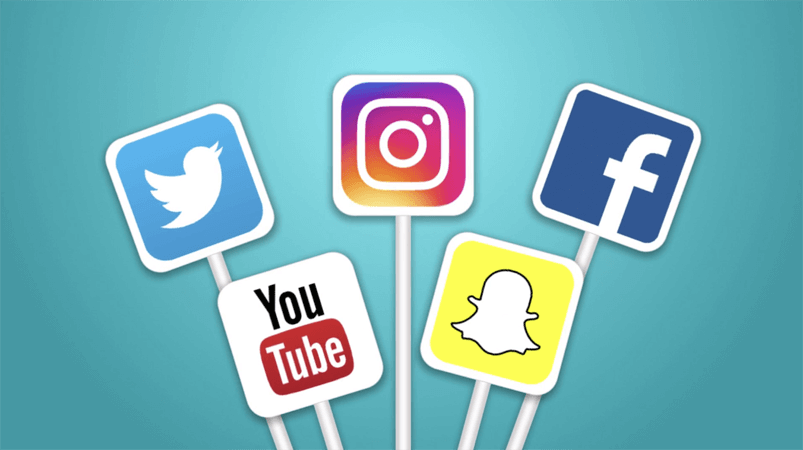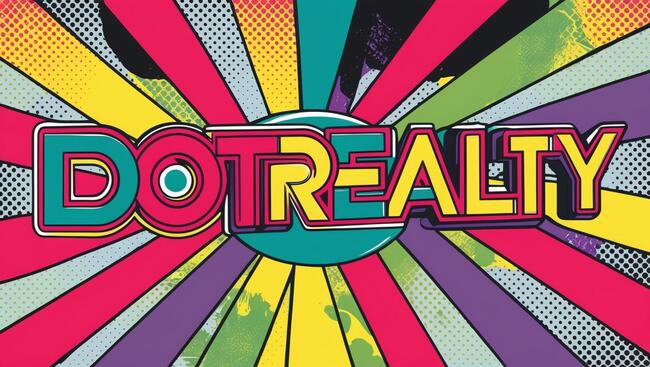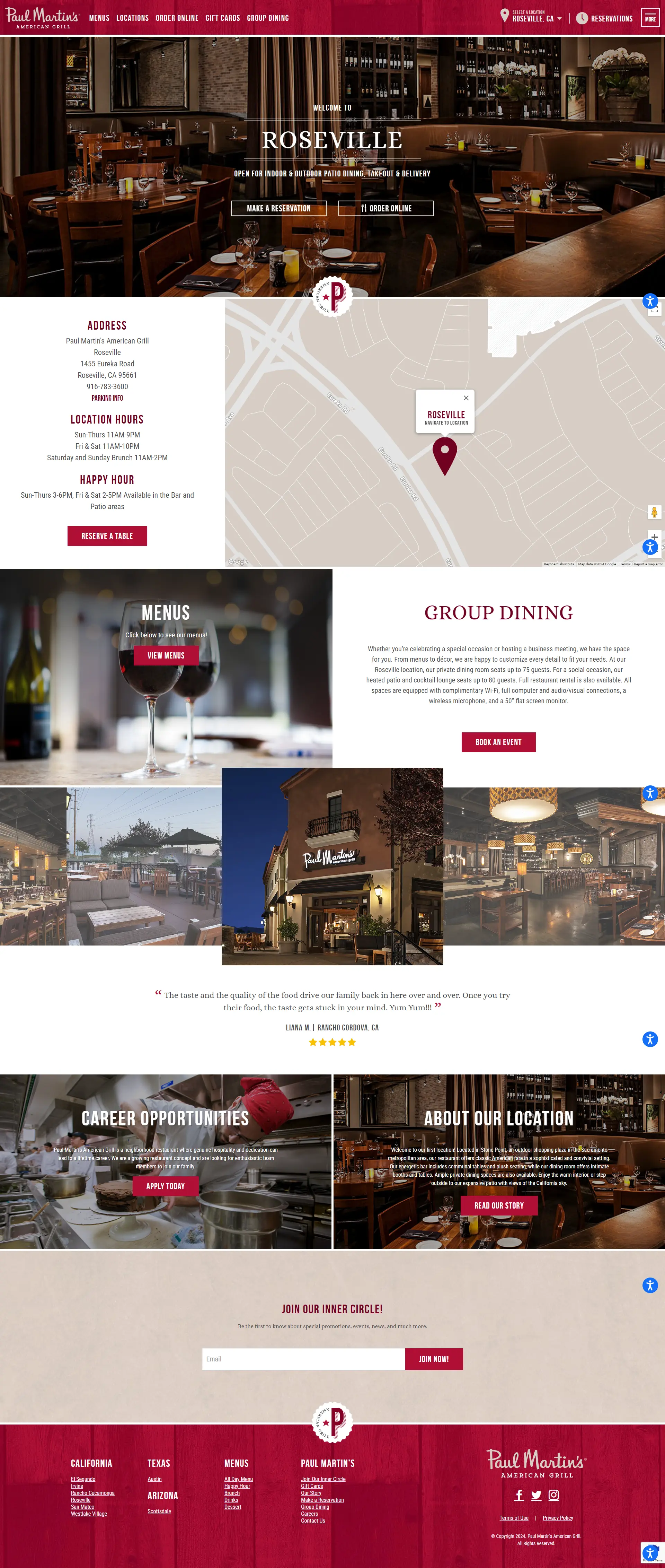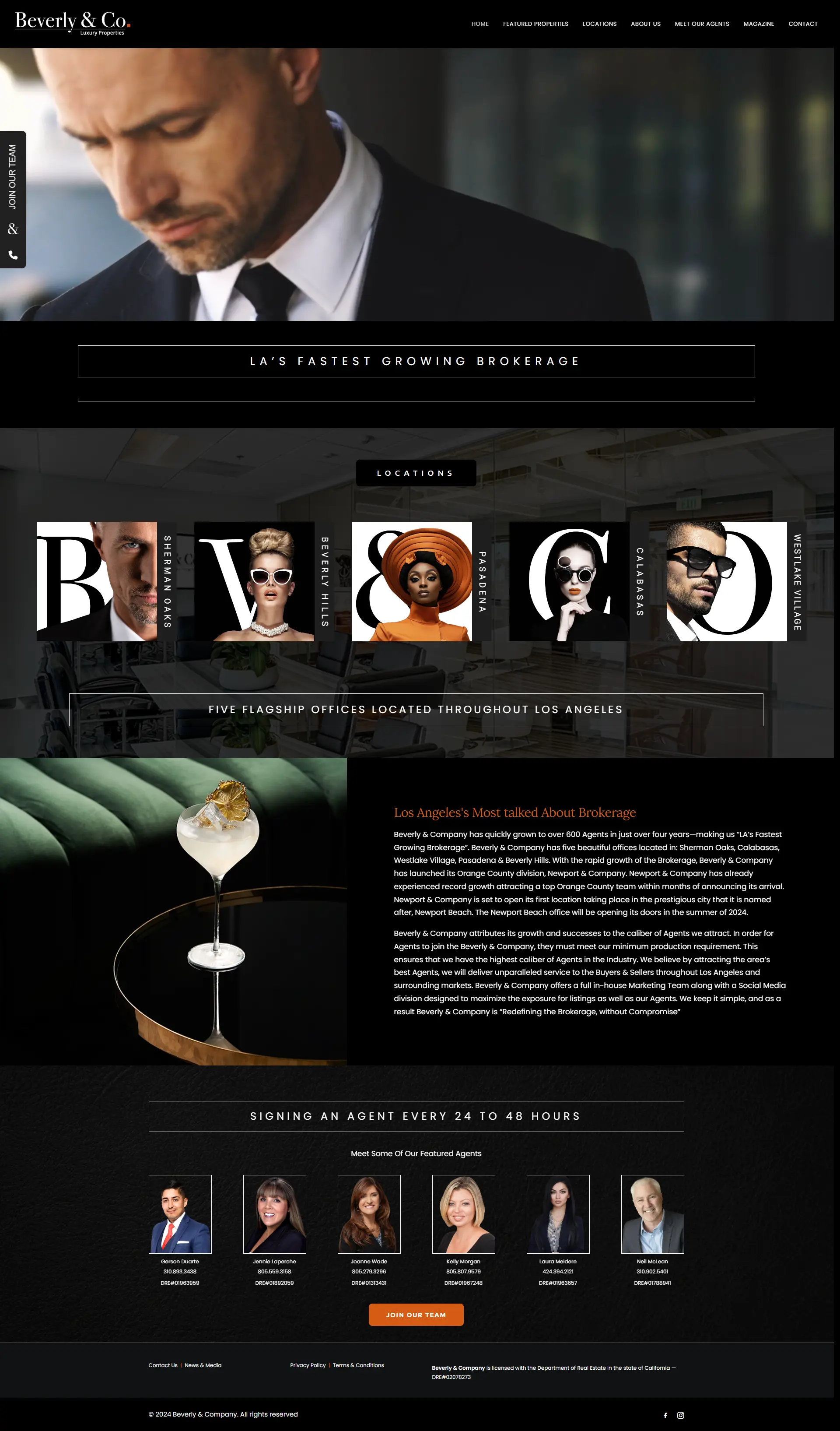In today’s digital age, simply creating content isn’t enough. To truly stand out and connect with your audience, it’s essential to tailor your content to the specific platform you’re using. Each social media platform caters to a unique audience and favors different types of content, engagement styles, and posting frequencies. By optimizing your content for each platform, you not only enhance engagement but also increase the likelihood of conversion—turning viewers into leads and customers.
1. Facebook: Diverse Content for a Broad Audience
Facebook remains a powerhouse for digital marketing due to its extensive user base. Effective content types include:
- Videos and Live Broadcasts: Videos should be engaging right from the start and ideally last around 2-3 minutes. Facebook Live, used for real-time customer interaction, is excellent for Q&A sessions, behind-the-scenes tours, and product demonstrations.
- Informative Posts and Stories: Longer, informative posts that tell a story work well. Incorporate a mix of text and images. Stories, although temporary, are highly engaging and perfect for time-sensitive promotions.
- Paid Ads: Facebook’s targeted advertising can be highly effective for conversions, especially with its robust demographic targeting tools.
2. Instagram: Visually Captivating and Concise
Instagram is a visual platform ideal for brands that can showcase their offerings through images or videos.
- High-Quality Photos and Graphics: Whether it’s product photos or infographics, the visual quality should be top-notch, as the platform is highly aesthetic.
- Short Videos and Reels: Videos should be under 30 seconds to maintain engagement. Reels have become especially popular for their entertainment value and high engagement rates.
- Stories and IGTV: Stories are great for more casual, behind-the-scenes content, while IGTV allows for longer-form videos, ideal for in-depth storytelling or tutorials.
3. Twitter: Timely and Concise Communication
Twitter is perfect for real-time updates, quick interactions, and joining trending conversations.
- Short and Snappy Posts: Given the 280-character limit, messages need to be concise yet impactful.
- Visuals and Videos: Despite its text-based nature, images and short videos can significantly increase engagement.
- Threads and Polls: Use threads to tell a longer story or provide detailed insights. Polls engage the audience and gather opinions quickly.
4. LinkedIn: Professional and In-Depth
LinkedIn is the go-to platform for B2B marketers, focusing on professional growth and networking.
- Articles and Long-Form Posts: Share industry insights, company news, and professional articles. LinkedIn’s audience appreciates more substantial, thought-leadership content.
- Company Updates and Professional Achievements: Regular updates about your business, such as milestones or case studies, showcase your industry authority.
- Videos and Webinars: Professional videos or recordings of webinars can be very effective, especially when they offer educational content relevant to your industry.
5. TikTok: Engaging and Trend-Focused
TikTok is the frontier for trend-setting content, particularly among younger audiences.
- Creative Videos: Leverage trends and challenges by creating fun, engaging, and creative videos. The content needs to be eye-catching and memorable to stand out.
- Music and Effects: Utilize TikTok’s extensive library of music and special effects to enhance engagement.
- Influencer Collaborations: Partnering with influencers can help tap into established audiences and increase credibility.
6. YouTube: Detailed and Search-Optimized
As the second largest search engine, YouTube is ideal for long-form video content that is both informative and entertaining.
- Tutorial and How-to Videos: These are perennially popular and provide value that can lead to higher engagement and subscriber growth.
- Product Reviews and Demos: Detailed reviews and demonstrations can help sway purchasing decisions and build trust.
- Vlogs and Docuseries: Personalized content such as vlogs or documentary-style series can create a deeper connection with your audience.
Conclusion
Each platform demands a unique approach to content creation and marketing. By understanding the nuances of what works best where, businesses can craft more effective strategies that not only attract views but also drive engagement and conversions. Always keep in mind the platform’s primary audience and the type of interaction it encourages. This strategic approach will allow you to create content that resonates with that audience and meets your business goals more effectively.















